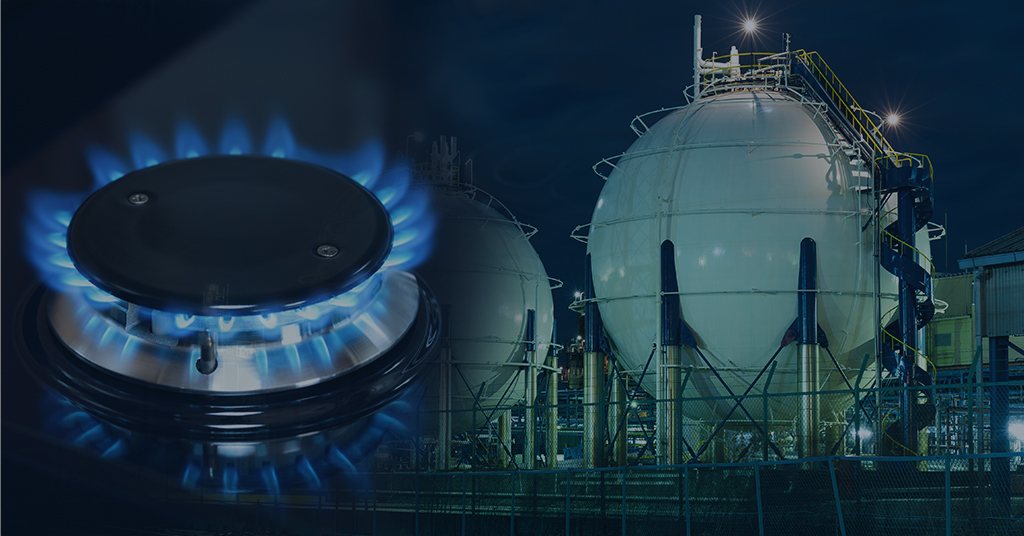Welcome To ChemAnalyst

Ottawa (Canada): Canadians hoping for a reprieve from soaring oil and gas prices will likely be disappointed, as experts are forecasting record highs once again in 2023. Crude oil in Canada, to reach $ 101.35 per barrel while West Texas Intermediate price is expected to exceed US$80 a barrel. Residents of provinces like Alberta and Saskatchewan may get some relief due to the area's proximity to production facilities, although overall price increases are anticipated across the country. As compared to last year's 3.4 percent hike and 6.7 percent spike the year before, these current forecasts suggest that Canadians should brace for the highest gas and oil prices yet.
The demand for oil and gas sectors decreased during the first two years of the COVID-19 pandemic, resulting in oil companies not investing or bringing new production online. However, with COVID restrictions gradually being lifted and worldwide demand rising to pre-pandemic levels and beyond, it's likely that prices will continue to stay buoyant.
The ongoing Ukraine conflict is a contributing factor as well, having taken away essential volumes from Russia's natural gas and oil markets. This has put further pressure on available supplies that could have potentially counterbalanced the rise in prices.
US$60 per barrel price cap imposed on seaborne Russian crude by European countries and partners in the G7 and Australia has added to existing market uncertainty. This measure effectively targets nations such as China, India, and Turkey who are expected to become the primary purchasers of Russia's oil. Russia itself has declared that they will not sell to countries who have accepted the cap.
Werner Antweiler, professor of economics at UBC Sauder School of Business, predicts that sanctions against Russia will remain active through 2023 resulting in a significant supply disruption. As countries move away from Russian energy sources, Antweiler anticipates an interesting reshuffling of markets wherein other nations are searching for more secure and reliable suppliers. This rerouting will likely have an impact on prices which will be volatile and elevated. Antweiler also commented that global political events like tensions between Korea and Taiwan could cause further disruption to energy supplies coming from an uncertain world landscape. It's time to prepare for these potential volatility so we can ensure our future remains bright in these tumultuous times.
As China begins to reopen its economy following COVID restrictions, the impact on energy needs will be “significant” in 2023. Investing in new supplies and demands is something that could potentially happen with this reopening. Gas drilling production is on a steady rise in Canada, yet prices remain high due to uncertainty.
Ongoing inflationary pressure on household heating costs is expected to continue unless major increases are seen in supply. As for diesel prices, Dan McTeague predicts they will remain similarly expensive as those seen in 2022 due to strong global demand. Professor Bernard from the University of Ottawa notes that Canada has little control over global fuel prices, however hopes their efforts to combat climate change by reducing fossil fuel use will eventually lead to lower demand for oil.
Instead of making major investments into energy transitions, many Canadian companies opted to “hoard cash, shore up their balance sheets and make sure they’re financially strong” to prepare for potential volatility. Although businesses are investing in new technologies, it likely will not be dramatic increases in budget. He emphasized the need to move towards lower carbon technologies and help with carbon capture and sequestration.
We use cookies to deliver the best possible experience on our website. To learn more, visit our Privacy Policy. By continuing to use this site or by closing this box, you consent to our use of cookies. More info.
